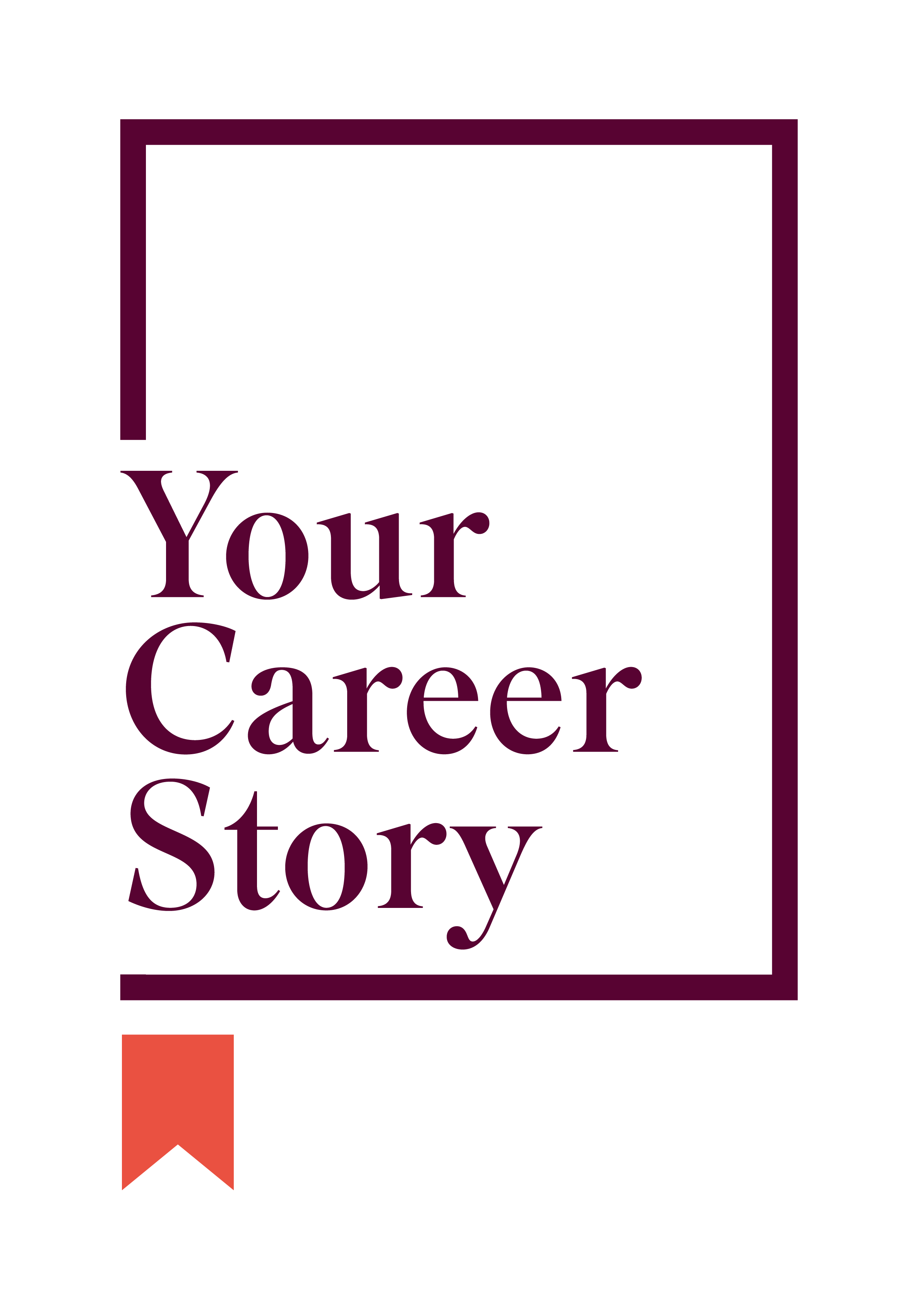You think I’m weak, don’t you?
I’m always a sobbing mess for about a third of the total runtime of Everything Everywhere All At Once. One line, in particular, always hits me directly in the sternum. It’s when Waymond is talking about how he stays positive and kind through difficulty, and he says:
When I choose to see the good side of things, I’m not being naïve. It is strategic and necessary. It’s how I’ve learned to survive through everything. I know you see yourself as a fighter. Well, I see myself as one, too. This is how I fight.
In large part, I think it probably resonates with the daft Dad in me that’s clumsily trying to raise a considerate, kind and happy young man in a challenging world. But that’s a different post. So for now, let’s focus on the other thing that it does so well: the powerful and poetic reframing of everything we think the film is about.
Up until this moment, we’ve seen Waymond as affable and ineffective, but when he explains this philosophy, we are able to see something else – he’s actually holding everything together, balancing out all of the misery and difficulty and tension in the world around him with unconditional kindness and optimism. It’s not just a shift in how we view Waymond, it’s a shift in the whole narrative, as Waymond’s loving kindness explodes from a quiet character trait into one of the central redemptive themes of the film’s final act.
This kind of reframing – seeing strength where others see weakness – isn’t limited to fiction. It happens to all of us, in so many aspects of life, especially how we view ourselves professionally. So many of us learn to see our most authentic qualities as liabilities, and we’re keen to hide them from our employers and colleagues.
In my line of work, I’m always hearing from creative, resourceful and passionate people who have ended up in some kind of career-based box and aren’t quite sure how they got there. Accountants who missed their calling to be architects, CFOs whose real passion is playing video games, team leaders who say they’re committed to the company, but really just want to get home to their family.
Particularly at work, we’re often trying to come across as someone else, forcing ourselves into the restrictive mould of a job description. Instead of being a real person – with outside interests, strengths and weaknesses, turn-ons and turn-offs – we try to pretend we’re the living embodiment of a company’s values.
This is especially true when it comes to writing a CV, where all too often we spend all of our energy trying to match our experience with job ads, using the same tired language as everyone else. We don’t leave any room for us, because in a competitive job market, being different feels like a weakness.
All of this is why it’s so fulfilling for me to help people find and present their authentic selves in a professional context. Because writing, telling and living your own, true story doesn’t just bring ease of being for you, it also brings better career prospects.
When you stop dulling yourself down and trying to be like everyone else, you reframe the narrative for those around you. Others begin to see the unique ways you add value and understand how they can support your success. You stop being a generic resource and become your own person, with your own particular strengths, skills and requirements. Authenticity attracts opportunity.
When being who they want you to be feels like the default option, being different is not weak. It is strategic and necessary. It is how you fight.
If there’s a Waymond in you, ready to emerge as the hero of the story, perhaps it’s time to let him speak.
